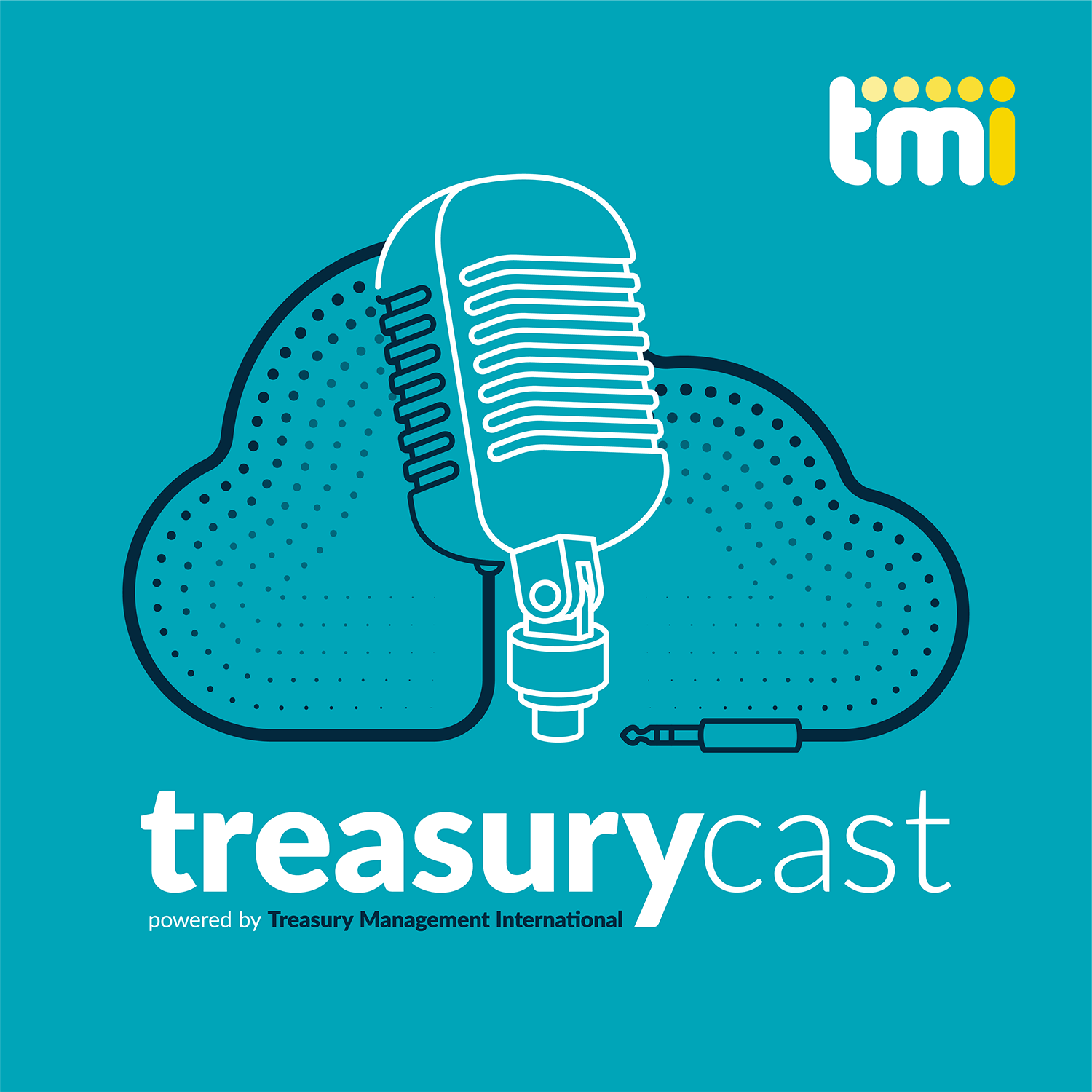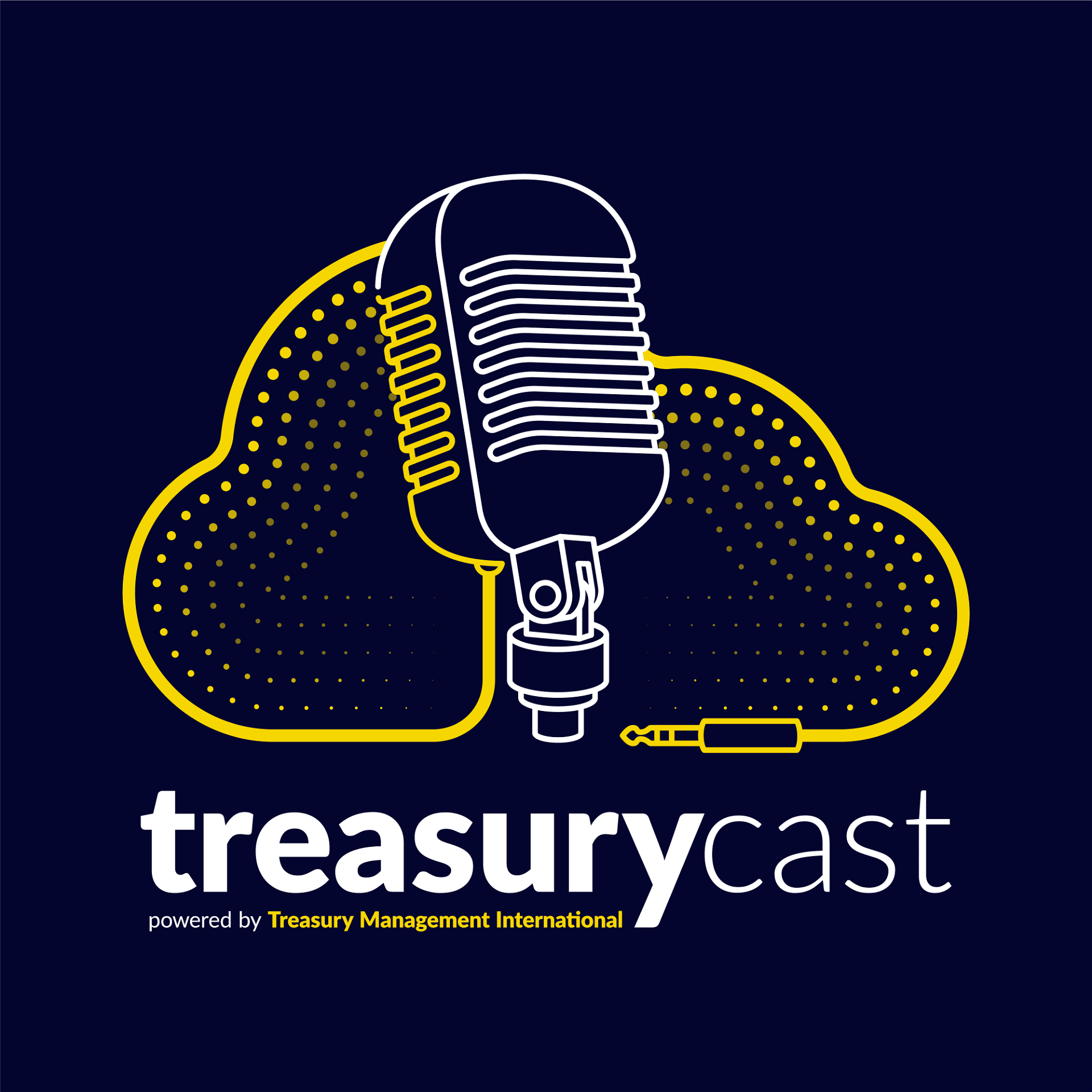Johannesburg – Africa’s largest bank by assets, Standard Bank has joined the powerful R3 network of over 75 global financial services players to enhance their exploration into blockchain solutions that have the potential to alter the digital payment landscape of the future.
“It is essential to deliver on changing customer expectations and be innovative so that we can provide solutions that make a difference in the lives of customers. We are optimistic about the potential use of blockchain technology and are very interested to see what opportunities it presents,” says Peter Schlebusch, Standard Bank’s Chief Executive for Personal & Business Banking from Standard Bank.
“Collaboration will be critical to unlocking value and we want to be actively involved in exploring and testing how technology like blockchain can be adopted by financial institutions. Being a partner member of the R3 network will provide us with an excellent opportunity to accelerate and enhance our adoption of this new technology,” he says.
R3 is a financial innovation firm that leads a consortium partnership with financial institutions to design and deliver advanced distributed ledger technologies to the global financial markets. Distributed ledger technology has the potential to change financial services profoundly and banks are looking to, among others, develop a permissioned blockchain system that requires a level of clearance to join and can be linked to legal tender.
“South Africa is a key market for us as we continue to expand our footprint in the region. We look forward to working closely with Standard Bank to test and develop distributed ledger based technology to address some of the major challenges facing participants operating in Africa’s financial markets and beyond,” says David Rutter, CEO of R3.
The R3 team of financial industry veterans, technologists and blockchain and cryptocurrency experts collaborate with consortium members on research, experimentation, design and engineering to help advance this technology to meet banking requirements for identity, privacy, security, scalability, interoperability and integration with legacy systems.
Consortium members work closely with R3 to develop Corda™, its shared ledger platform specifically designed to record, manage and synchronise financial agreements between regulated financial institutions.
“The potential for blockchain technology to transform the financial services industry is vast. Change should become more mainstream as regulatory acceptance grows. We are also working closely with regulators to understand implications for the SA and other African markets,” says Mr Schlebusch from Standard Bank.
Standard Bank is already engaged in a number of initiatives in blockchain for business trade and is exploring enhancements that blockchain technology can add to their cross border payment solutions.
The ability for numerous participants in the financial services sector to exchange insights and knowledge is vital for the future of a global network. “Our partnership with R3 will be essential in this regard” concludes Mr Schlebusch.





